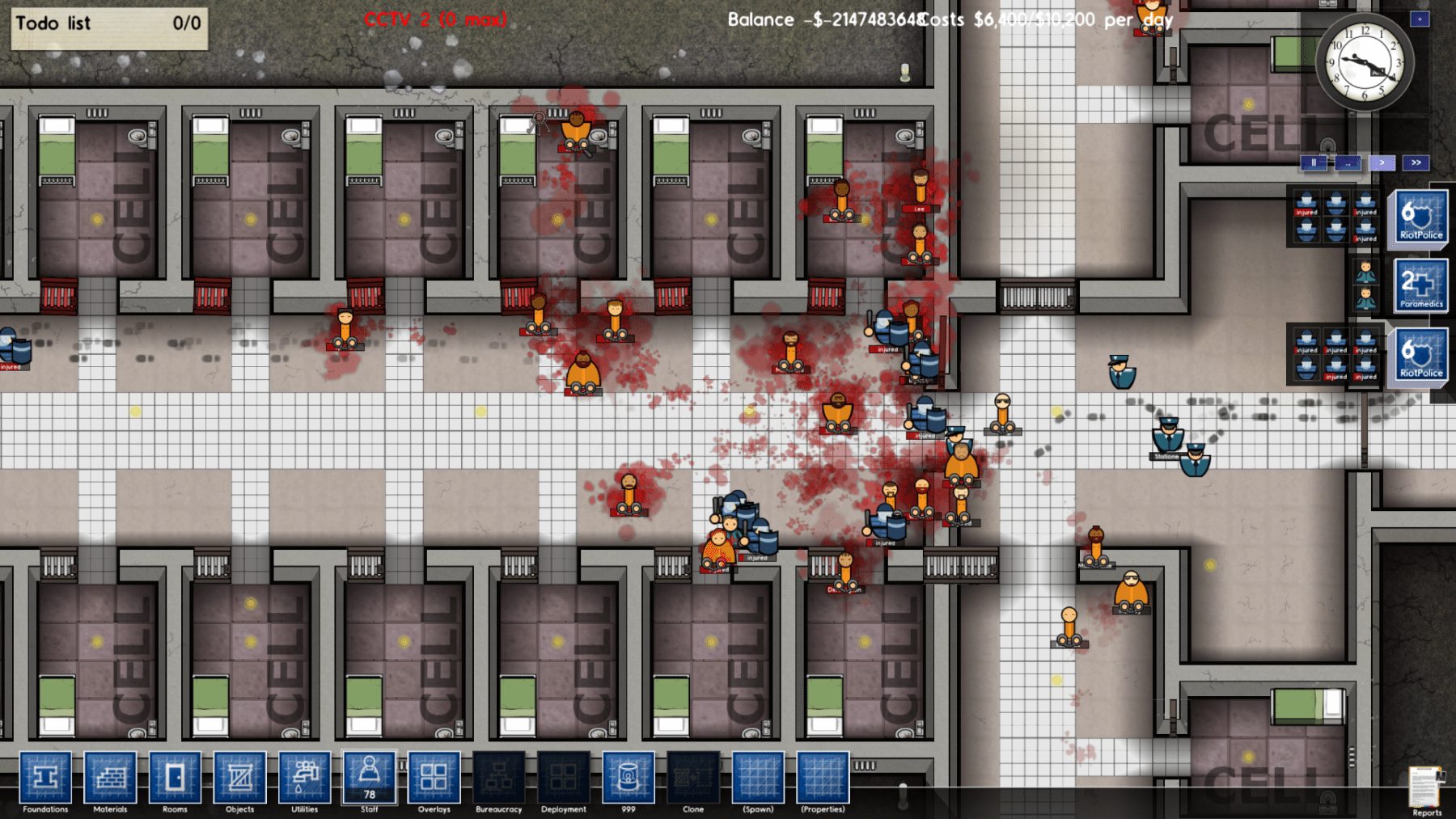The Rise Of Early Access Gaming
Upon perusing the Steam storefront the other day, I was surprised to find that a number of the games listed on the Steam bestselling list were labelled with a bright blue “Early Access” sticker. The list includes well known and highly acclaimed titles such as Rust, DayZ, Prison Architect and many, many more, which seemed surprising as it prompted me to pose the question: why are people paying full price for what are essentially half-finished games when there are some perfectly fine, totally finished games just a few places below them on the Steam bestsellers list? It just didn’t seem to add up. [divider]
For those who are wondering, “Early Access”, as the name suggests, is usually where a game, often from a smaller developer, is released before it is completely ‘finished’. Some might see this as a very risky move on the developer’s part. I mean, what if the community doesn’t like how unpolished it is? That would effectively be a disaster, yet surprisingly this has proven not to be the case time and time again.
Effectively, Early Access allows gamers to experience their games earlier in the development cycle, with the trade-off being that you receive an unfinished game that is still being put through testing. It has proven a very useful marketing tool for smaller developers looking for that crucial financial injection following the release of their Early Access game, allowing them to use initial sales revenue to finance future development. In short, everybody wins.
Take DayZ for example. Originally born as a mod for ARMA II, the large-scale military game, the mod’s creator, Dean Hall, moved to Bohemia Interactive to work on a standalone version of the game under the same name in 2012. Upon its release in 2013, the standalone DayZ game sold over 170,000 copies in the first twenty-four hours, something that would have been unheard of for an indie game maybe five years ago. Now, with the increase in the number of online platforms that are available, smaller developers are able to reach a greater number of people than ever before. Gamers are able to work cooperatively with their friends to fend off the flesh-eating, brain-chomping hoards of the undead, even though the game isn’t yet finished! The game has been labelled as “Early Access” for some time now, and with some even speculating that it will never be anything but an Early Access game, it is debatable that game development is ever a closed book.

An Early Access title, DayZ is now one of the most successful mods of all time. Photo: www.dayztv.com
There is always something, somewhere, that can be done better, coded better, designed better in a game that, in many ways, development is an incredibly dynamic process. For me personally, I found it interesting that the game has experienced such widespread acclaim, especially with the Steam Store page stating the following warning: “This game is Early Access alpha. Please do not purchase it unless you want to actively support the development of the game and are prepared to handle with serious issues and possible interruptions of the game.”
I mean, you wouldn’t be very happy if you walked into a sandwich shop, purchased an “Early Access” sandwich and the shopkeeper simply presented you with some mayonnaise and lettuce with the promise of ‘the rest of the sandwich’ in small parts over the next few months! You would be outraged! You would demand the rest of the sandwich this instant or else!
But gaming is a very different playing field when it comes to the relationship between the seller and the consumer. I believe it is the “Early Access” culture that has helped to break down many of the divides between the two, to the benefit of the gaming industry in general.
There is always something that can be done better, coded better, designed better in a game that, in many ways, development is an incredibly dynamic process
Essentially, the success of DayZ and many other games besides, and the motives behind “Early Access” gaming, highlights exactly why Early Access has been so happily embraced by the community and developers alike. The community are eager to get involved with Early Access as it allows them to access their games earlier on in their development process, reducing waiting times and letting them get stuck into the action despite the (occasional) game-ending crash.
Developers, on the other hand, have the ability to release an alpha-version shell of a game, make a little bit of income from the initial release, and pump that money back into the further development of the game. In my opinion, “Early Access” gaming is simply one step up from the ‘demo’ model – instead of getting a much shorter, free version of the game, you instead are paying for a longer shell of a game now and for access to the fuller, more completed game later. It really is ingenious on both parts really. In fact, both parts mutually benefit from using the general public as quality-testers, as the community can feel like they are playing an active role in the development of the game, and developers do not need to hire quality control teams, as they can just use the community for free!
Early Access gaming, although sometimes frustrating in the blue-screening, game-crashing, keyboard-mashing that it can sometimes incite in even the calmest of gamers, is an incredibly welcome addition to the ever-changing world of gaming and I, for one, hope that it sticks around for many, many years to come. [divider_top]
Do you think Early Access is a good idea? Tweet @BoarGames


Comments (1)